Criticised Southern Health NHS Foundation Trust 'must improve'
- Published
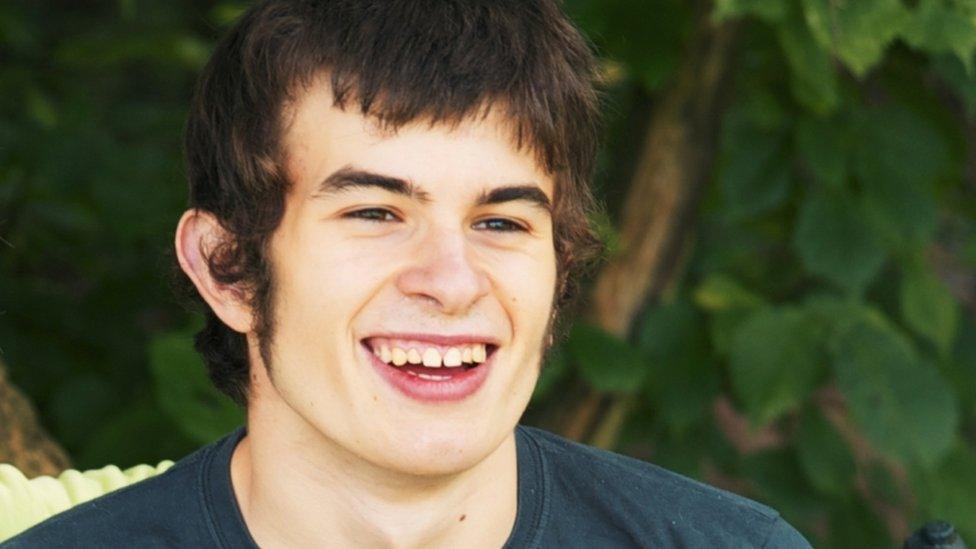
Connor Sparrowhawk, 18, drowned in a bath following an epileptic seizure while at a Southern Health hospital in Oxford
An under-fire health trust, criticised after a teenager drowned in a bath, has been told to significantly improve protection of mental health patients.
Southern Health NHS Foundation Trust was issued the warning notice by the Care Quality Commission (CQC) following an inspection in January.
An inquest found neglect contributed to the death of Connor Sparrowhawk, 18, at Slade House in Oxford in 2013.
The trust said it was "completely focused" on tackling the concerns.
Last year an independent report blamed a "failure of leadership" for failing to investigate the unexplained deaths of hundreds of patients.
It was ordered after Mr Sparrowhawk was found unresponsive n the bath following an epileptic seizure at the Oxford learning disability unit, which has since closed.
The CQC found the trust's investigation of incidents, including deaths, was not robust enough.
'Longstanding risks'
It said not enough was done to learn from incidents to prevent future risks to patients, and concerns raised by patients, their carers and staff were not effectively responded to.
Dr Paul Lelliott, CQC deputy chief inspector of hospitals, said the safety of patients with mental ill health and or learning disabilities required "significant improvement".
"We found longstanding risks to patients, arising from the physical environment, that had not been dealt with effectively.
"The Trust's internal governance arrangements to learn from serious incidents or investigations were not good enough, meaning that opportunities to minimise further risks to patients were lost," he added.
'Worrying'
Health service regulator, NHS Improvement, said it would impose management changes at the trust if progress is not made on fixing the concerns raised by the CQC.
Executive medical director Dr Kathy Mclean said: "Patients and service users at Southern Health expect to get safe and good quality care, and it is worrying to see that the CQC have identified patient safety concerns which have still gone unaddressed at the trust.
"If we don't see enough progress on this we will consider taking action on behalf of patients," she added.
Katrina Percy: "My job as the leader is to put in place the improvements that are being asked of us"
Following the report's publication, trust chief executive Katrina Percy rejected calls for her resignation and said she had been "clear and open" about the work needed to address concerns raised.
"Good progress has been made, however we accept that the CQC feels that in some areas we have not acted swiftly enough," she said.
"My main priority is, and always has been, the safety of our patients. We take the CQC's concerns extremely seriously and have taken a number of further actions."
'Bewildered'
Mr Sparrowhawk's mother, Sara Ryan, said she was "angry and upset" following the report's publication.
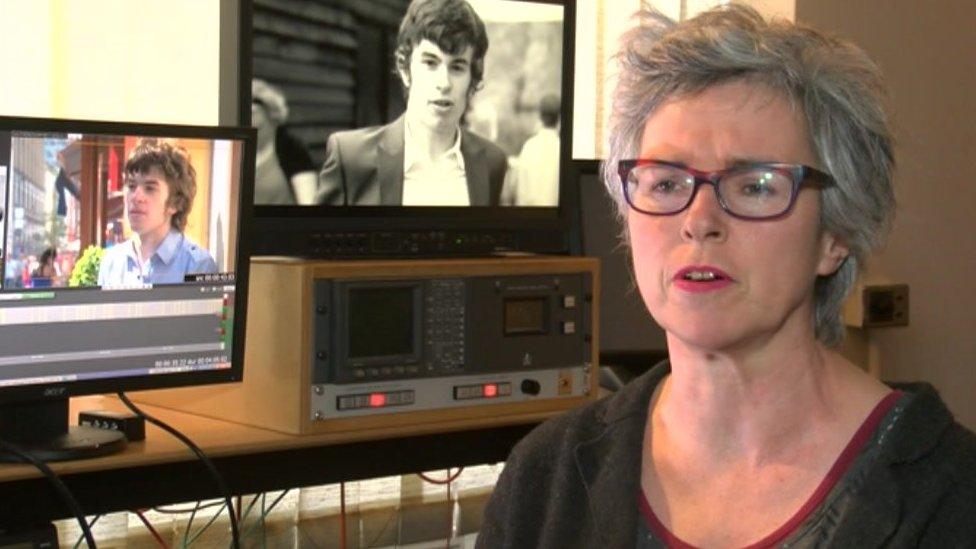
Sara Ryan has made repeated calls for senior figures at the trust to resign
"We're just astonished they haven't improved - they have again demonstrated a failing leadership - they have said repeatedly said they had improved ever since Connor died, and they clearly haven't.
"I'm bewildered the board and the chief executive haven't stood down today. The public don't have any confidence in their ability."
Dan Scorer of learning disability charity Mencap, said the CQC warning notice showed little had changed since the independent report was published.
"Families are being left questioning whether the death of their loved one should have been investigated and whether the death might have been avoided," he said.
"The lack of urgency to tackle this national scandal is unacceptable," he added.

Southern Health NHS Foundation Trust
The trust is one of the country's largest mental health trusts, covering Hampshire, Dorset, Wiltshire, Oxfordshire and Buckinghamshire
Provides services to about 45,000 people
Employs 9,000 staff overall at about 200 sites
Provides mental health treatment and support to adults in "secure and specialised settings" and support for adults with learning disabilities
Runs an acute adolescent psychiatric service which provides inpatient treatment for 12 to 18 year-olds experiencing acute mental illness
The trust's board is ultimately responsible for performance and is accountable to a council of governors

- Published24 March 2016
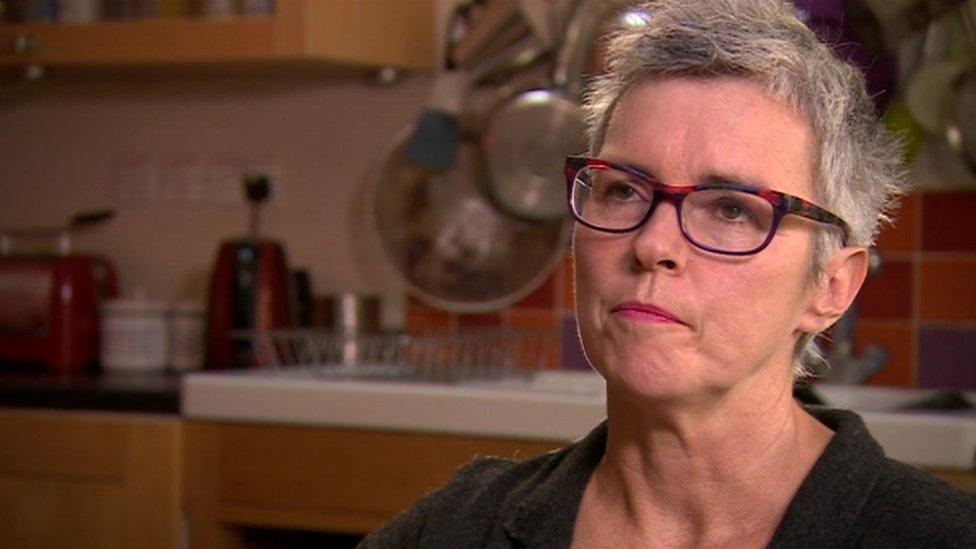
- Published11 January 2016
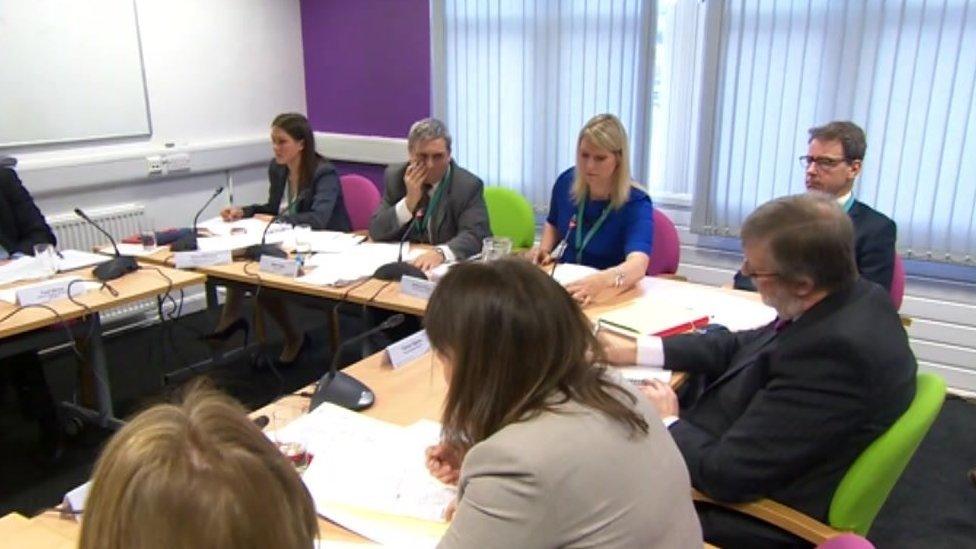
- Published21 December 2015
- Published17 December 2015

- Published10 December 2015

- Published10 December 2015
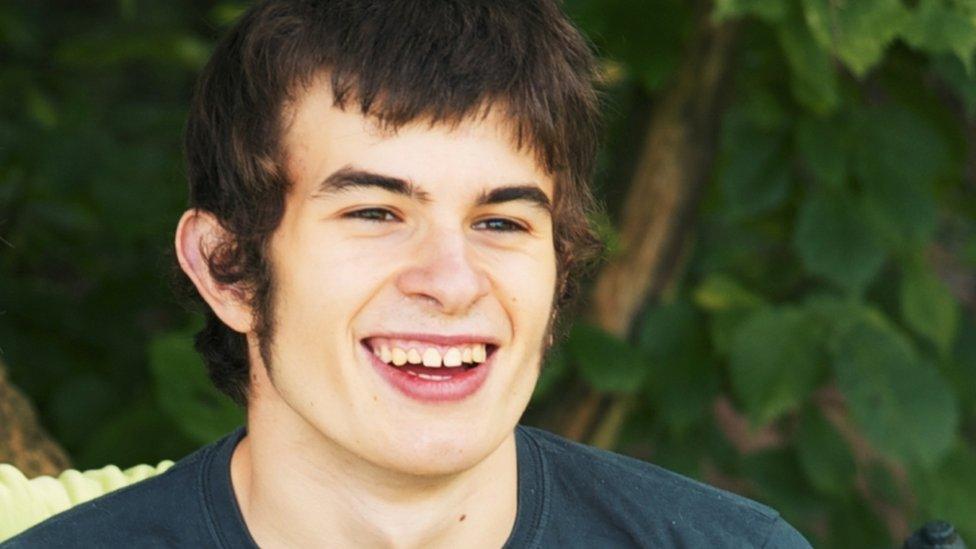
- Published16 October 2015
